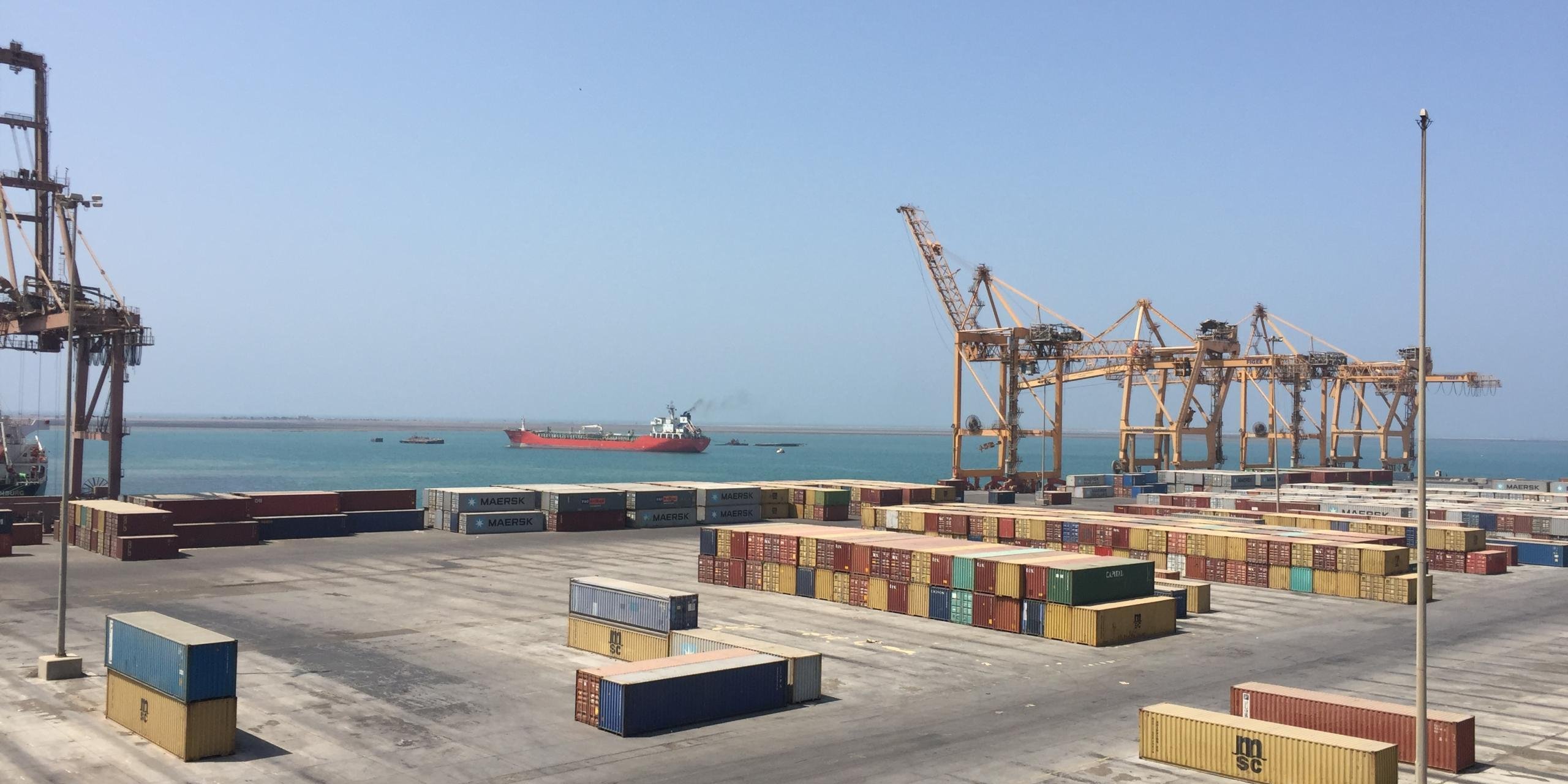
Quote fromJan Egeland, Secretary General of the Norwegian Refugee Council:
“Hodeidah is not a trophy and its citizens are not toys. Parties to the conflict must take real and immediate steps to protect civilians, homes and hospitals in the city. Hodeidah Port must remain open and so too the arteries that lead from it. A single act of force to disrupt the flow of supplies from Hodeidah would be a deadly blow for millions.”
“Warring parties must return to the peace table and start talking, without pre-conditions or games. It is not yet too late to halt an offensive that will invariably create more human suffering.”
Quote from Saleem Al-Shamiri, a Norwegian Refugee Council staff member based in Hodeidah:
“Stability within Hodeidah is becoming worse and fear about what might happen continuing to increase. Those remaining in Hodeidah know they could lose everything, including their lives, but for many, it is not a simple decision to leave. To leave is to abandon everything people know and have worked for, with no certainty about the future. If people leave, they don’t know where they will go, how they will find shelter, what they will eat. Many fled here already and the war followed. They’re tired of running.”
“One of our colleagues here is expecting her baby any day. These are terrifying circumstances for her delivery. She says it is now too late, too uncertain and too expensive for her family to leave. No baby should be born into a situation like this.”
Latest updates:
- The weekend of 7-9 September marked one of the deadliest in Yemen’s war so far, with more than 84 conflict-related fatalities reported within Hodeidah health facilities alone, according to reports received from Safer Yemen.
- Fighting is now pressing in on Hodeidah city from several sides, including heavy ground clashes and sustained aerial bombardments. Civilians in Hodeidah reported airstrikes in close proximity to the city’s southern and eastern borders, including up to fifty strikes on the city fringes on Wednesday alone.
- Houses, farms, a flour mill and a soft drink factory were among civilian buildings hit by airstrikes across Hodeidah governorates over the last fortnight.
- We are highly concerned about the security of the Hodeidah Port complex, including milling facilities housing enough to feed 3.5 million Yemeni people.
- Aid agencies in Yemen have identified close to 500,000 people that had fled homes in Hodeidah between June and August. So far in September, 55,000 people have been displaced from across the governorate, leaving more than half a million at heightened risk of hunger and exposure to diseases, including cholera.
- ECHO reports that the number of suspected cholera cases in Yemen has now increased for the 12thweek in a row, to 9,245 suspected cases. This number adds to more that 133,000 cases of suspected cholera through 2018 thus far.
- By 13 September, seven vessels were berthed at Hodeidah port, carrying a 79,000 metric tons of food and over 30,000 metric tons of critically-needed gas oil. An additional three vessels are queued to deliver food and fuel in the coming days. Food and fuel deliveries through Yemen’s Red Sea Ports have held steady since June but any disruption or threat to the safety of shipments could strangle the Yemeni economy and impact access to food for more than 20 million people.
Facts about Yemen’s crisis:
- Over 8 million are experiencing food insecurity so extreme it could cause famine if any further disruption to food supply chains or costs.
- Over 3 million people live in Hodeidah governorate, and 600,000 live in Hodeidah city. Over 29 million people live in Yemen.
- Over 22 million people need humanitarian assistance across the country.
- Some 162,000 suspected cases of cholera have been identified in Hodeidah since April 2017, just over 15 per cent of Yemen’s total cholera caseload.
Facts about Hodeidah Port:
- Hodeidah Port is among the most critical pieces of civilian infrastructure in Yemen. The country is almost totally reliant on imported food, medicine and fuel, and up to 80 per cent of this has historically reached the country through Hodeidah,
- In August 2015, Hodeida port was bombed during attacks by the Saudi-led coalition, destroying four cranes and damaging several warehouses, all of which remain unusable.
- Hodeida port continues to represent the most suitable port of entry for humanitarian and commercial goods, serving more than 22 million people.
- Commercial access through Hodeida and all ports remains a priority. Seven million Yemenis are now dependent on humanitarian food aid, which leaves close to 23 million still reliant on functioning, affordable commercial markets. Delays with commercial imports drive up prices and place millions more people at risk of sliding into dependence on aid, causing even further deterioration and stretching humanitarian actors beyond their capacity and mandate.
- An estimated 544,000 metric tons of fuel must reach Yemen each month to meet needs. Roughly a third of these fuel requirements have been discharged at Hodeidah port each month over the last year, creating shortages that drive up fuel prices and impact all other costs: public transport prices have doubled, which mean fewer people can reach medical treatment, get to work and send children to school.

